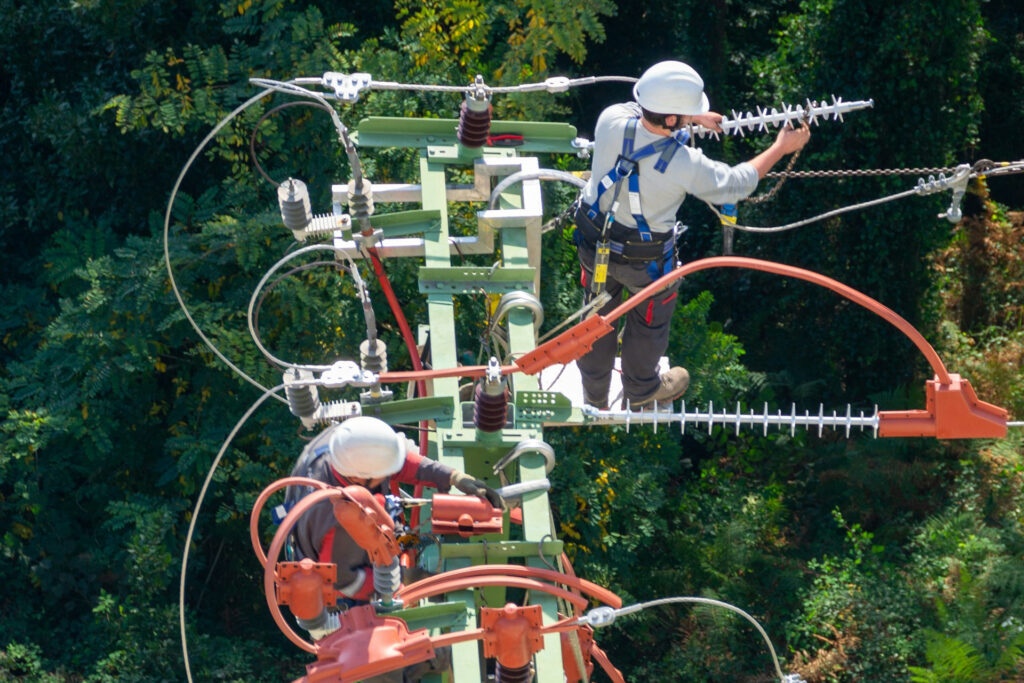The electrical contracting industry has seen significant technological advancements in recent years, revolutionizing the way electrical services are delivered and managed. These innovations have improved the efficiency and safety of electrical work and enhanced sustainability and customer experiences. In this article, we will explore some of the latest technological advancements in electrical contracting.
1. Smart Grids and Microgrids
Smart grids have become a fundamental component of modern electrical contracting. They incorporate advanced metering infrastructure, real-time data analysis, and two-way communication to manage electrical supply efficiently. Microgrids are localized energy systems that can operate independently or in conjunction with the main grid. They utilize advanced control systems to optimize energy generation and distribution, enhancing resilience and reducing downtime during power outages.
2. Renewable Energy Integration
Integrating renewable energy sources like solar and wind has become more sophisticated. Electrical contractors are involved in installing and maintaining solar panels, wind turbines, and energy storage solutions. Advanced technologies like MPPT (Maximum Power Point Tracking) controllers and grid-tied inverters optimize the performance of renewable energy systems.
3. Energy Storage Solutions
– Energy storage is a key technology in the electrical contracting industry. Advanced battery technologies like lithium-ion and solid-state batteries are being used to store excess energy from renewable sources for later use, reducing the need for backup generators.
4. Digital Twins and Building Information Modeling (BIM)
Electrical contractors are increasingly using digital twins and BIM to design and plan electrical systems. These technologies create 3D models that enable precise planning and reduce errors during installation. BIM also facilitates better collaboration between various stakeholders in construction projects.
5. Advanced Lighting Control Systems
Lighting control systems have evolved to include smart lighting solutions. These systems use sensors and automation to adjust lighting levels based on occupancy and natural light, reducing energy consumption. LED lighting technology has also become more energy-efficient and cost-effective, and electrical contractors play a crucial role in its installation and maintenance.
6. Energy Management Systems (EMS)
EMS allows businesses and homeowners to monitor and control their energy usage. Electrical contractors install these systems, which often integrate with other smart devices and can be managed through mobile apps. EMS helps optimize energy consumption and reduce costs, making them an essential component of modern electrical contracting.
7. Augmented Reality (AR) and Virtual Reality (VR)
AR and VR technologies are increasingly being used in electrical contracting for training, maintenance, and troubleshooting. They provide a virtual environment for electricians to practice and improve their skills. When it comes to maintenance, AR glasses or apps can provide real-time data and guidance, making it easier to identify and resolve issues.
8. Electric Vehicle (EV) Charging Infrastructure
With the growing adoption of electric vehicles, electrical contractors are involved in the installation of EV charging stations. Advanced charging solutions include fast-charging technology and smart charging management.
9. Robotic and Automated Systems
Robotic systems are used for various tasks, from cable laying to inspections in hard-to-reach areas. These systems can enhance efficiency and safety in electrical contracting projects. Drones are also used for site inspections and to capture aerial views, providing valuable data for planning and maintenance.
10. Artificial Intelligence (AI) and Predictive Maintenance
AI is being utilized for the predictive maintenance of electrical systems. Machine learning algorithms analyze data from sensors and historical performance to predict when maintenance is needed, reducing downtime and improving reliability.
In conclusion, the electrical contracting industry has embraced a wide range of technological advancements that have transformed the way electrical services are delivered. From smart grids and renewable energy integration to advanced lighting control systems and AI-driven predictive maintenance, these innovations are enhancing efficiency, safety, and sustainability in electrical contracting. As technology continues to evolve, electrical contractors must stay up to date with the latest trends and tools to remain competitive in this dynamic industry.

